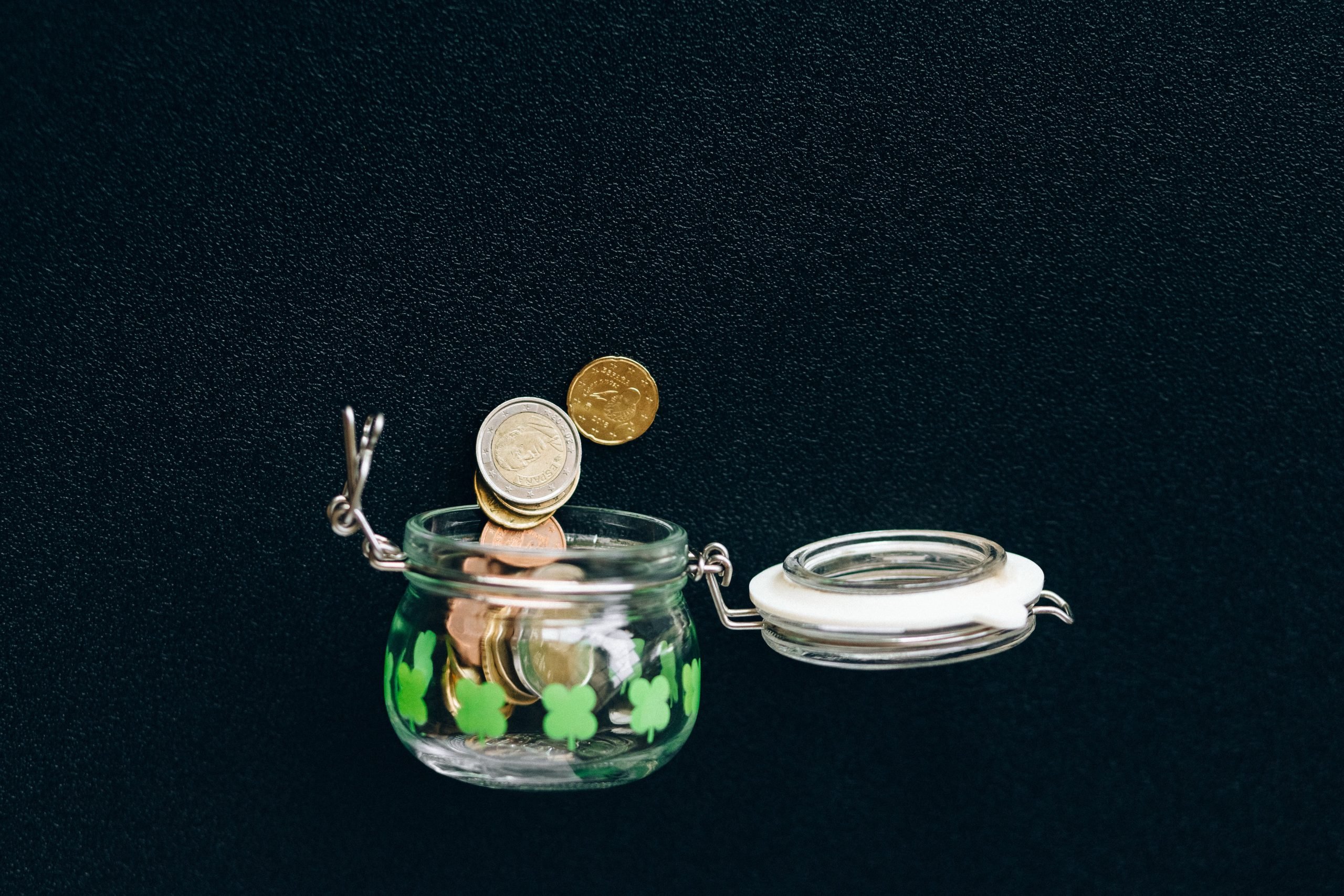Tax Refund In Norway: All You Need To Know

In the land of fjords and Northern lights, navigating the nuances of tax refunds can feel like a journey through a mystic Norse saga, isn’t it? Worry Not! We’ve got you covered!
For expats and travelers in Norway, understanding the tax refund process is key to reclaiming what’s rightfully yours. This article is your compass through the intricate landscape of Norway’s tax system, guiding you to a successful tax refund with ease and clarity.
Let’s dive in!
How To Obtain A Tax Refund

Typically, tourists, students, and expatriates can claim tax refunds in Norway. VAT refunds are standard for tourists, while students and expats may be eligible for income tax refunds.
Collect all necessary documentation, such as receipts and invoices. For VAT refunds, you’ll need receipts for your purchases.
For income tax refunds, gather your income-related documents, like pay stubs and tax certificates.
Tax Refund For Tourists
Tourists visiting Norway can claim a Value Added Tax (VAT) refund on eligible purchases. VAT in Norway is currently 25%, so getting a refund can be significant. Here’s how to do it:
- When shopping in Norway, shop at stores registered for VAT refunds to tourists. Look for the “Tax-Free Shopping” or “VAT Refund” signs.
- Ask the cashier for a VAT refund form (also known as a Tax-Free Shopping Cheque) when making your purchase. Make sure to fill out the form with your details.
- Before departing Norway, you must get a Customs stamp on your VAT refund form. Go to the Norwegian Customs office at the airport; they will verify your purchase and provide the necessary stamp.
- After clearing customs, take your stamped VAT refund form to a tax refund office or agency at the airport or port. They will process your refund, either in cash or by crediting your credit card.
Tax Refund For Students
As a student studying in Norway, you may be eligible for a tax refund if you meet specific criteria. Here’s how to go about it:
- Ensure that you meet the eligibility criteria for a tax refund as a student. You typically need to demonstrate that you have paid more taxes than required.
- Gather all relevant documents, including your tax return forms, income statements, and other supporting documentation.
- Submit your tax return to the Norwegian Tax Administration. You can do this online or on paper, depending on your preference.
- The Norwegian Tax Administration will review your tax return and assess your eligibility for a refund. If approved, you will receive your refund through the bank account you provided.
Certification By Norwegian Diplomatic Or Consular Mission (Exception)

In some cases, when you need to provide official documents to Norwegian authorities or organizations, you may be required to have these documents certified by a Norwegian diplomatic or consular mission (embassy or consulate).
This certification process helps ensure the authenticity of the documents, especially when dealing with legal or administrative matters in Norway.
However, there can be exceptions to this requirement, depending on the nature of the documents.
While many documents may require certification by a Norwegian diplomatic or consular mission, certain situations may exempt you from this requirement.
Some standard exceptions include:
- Documents issued by Norwegian authorities, such as birth certificates, marriage certificates, and criminal record checks, may not require certification when used within Norway.
- If a document has already been legalized in another country through an Apostille or similar authentication process, it may not need further certification by a Norwegian diplomatic or consular mission.
- Informal or non-official documents, like personal letters, general correspondence, or unofficial academic transcripts, may not necessarily need certification.
- Sometimes, the receiving organization or authority in Norway may accept uncertified documents for specific purposes.
For example, a university may accept an uncertified transcript for evaluation but may require certification upon enrollment.
When dealing with documents that may be exempt from certification by a Norwegian diplomatic or consular mission, it’s essential to consider the following:
- Before assuming an exemption, always check with the organization or authority in Norway that requires the documents. Different institutions may have varying requirements.
- If your documents are outside of Norwegian or English, you may need to provide translations by an authorized or accredited translator.
- Some documents have a validity period, so ensure that your documents are still young and have not expired.
- While certification by a Norwegian diplomatic or consular mission may be an exception, you might still need to have your documents notarized in your home country to verify their authenticity.
Conclusion
As we conclude our voyage through the complexities of tax refunds in Norway, remember that this process, though daunting, is a pathway to fiscal wisdom.
Armed with the right knowledge and tools, you’re now ready to navigate the Norwegian tax seas smoothly and reclaim your treasure. May your financial journey in the land of the midnight sun be as rewarding as it is enlightening.
Refund Realized!
But wait! There’s lot more that you might be interested in following:
